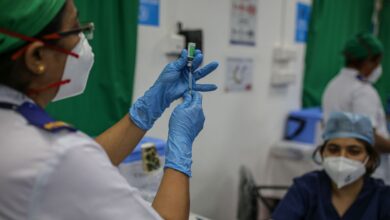Health
Intermittent Fasting Health Benefits: It Can Help Reverse Type 2 Diabetes- Says New Study
Occasional or intermittent fasting may help to reverse type 2 diabetes

Intermittent fasting diet is what comes into the mind of those looking to lose weight through diet. Well, a new study claims intermittent hasting has another health benefit, particularly to people suffering from type-2 diabetes.
Notably, in people with type 2 diabetes, their body becomes resistant to insulin and is no longer able to use it properly. Some are even required to take insulin, typically via injection, to keep their blood sugar in a normal range.
According to the study conducted by Dr. Jason Fung and his team from the University of Toronto’s Faculty of Medicine and Scarborough Hospital in Canada, occasional or intermittent fasting may help to reverse type 2 diabetes. The study included three participants aged 40 to 67 who had high blood pressure and high cholesterol and were taking various drugs and daily insulin injections to control their diabetes.
After a six-hour training seminar, the doctors asked two of the participants to fast on alternate days for a full 24 hours and asked the third participant to fast for three days a week. They were allowed to drink very low-calorie drinks like water, tea/coffee, or broth and eat one very low-calorie meal in the evening on the fasting days.
The three men followed the dietary pattern for a total of 10 months. The doctors measured their average and fasting blood glucose (HbA1c), body weight and waist circumference both before and after the period.
It was found that within just 18 days of starting their fasting schedule, all the participants were able to stop their insulin injections which meant that their blood sugar levels were controlled without it. Surprisingly, for one man, this took only five days.
The two were able to stop all their diabetes medications completely, while the third discontinued three out of the four drugs he was taking. They even lost weight by as much as 10 to 18 percent.
The research findings were published in the journal BMJ Case Reports.






